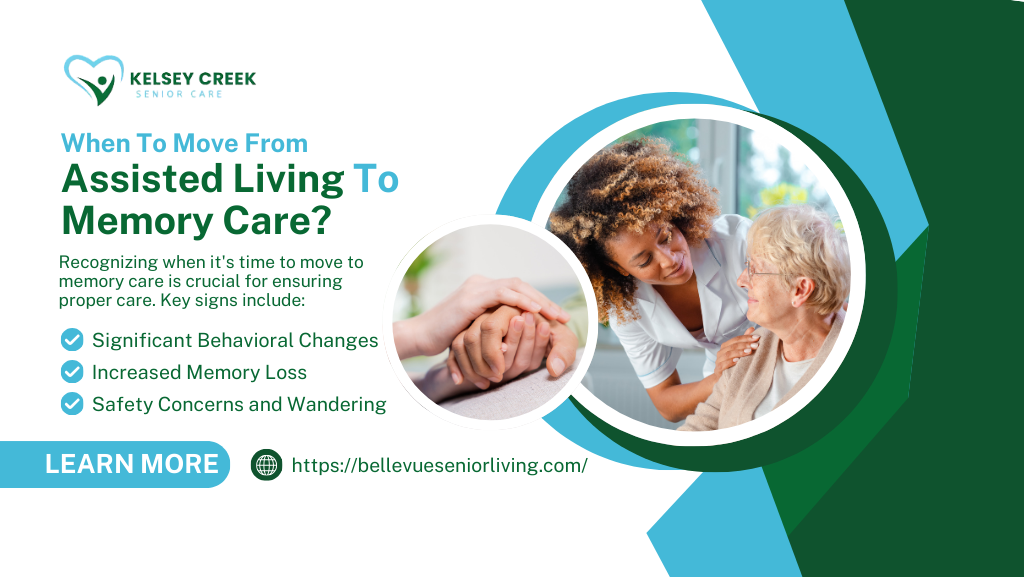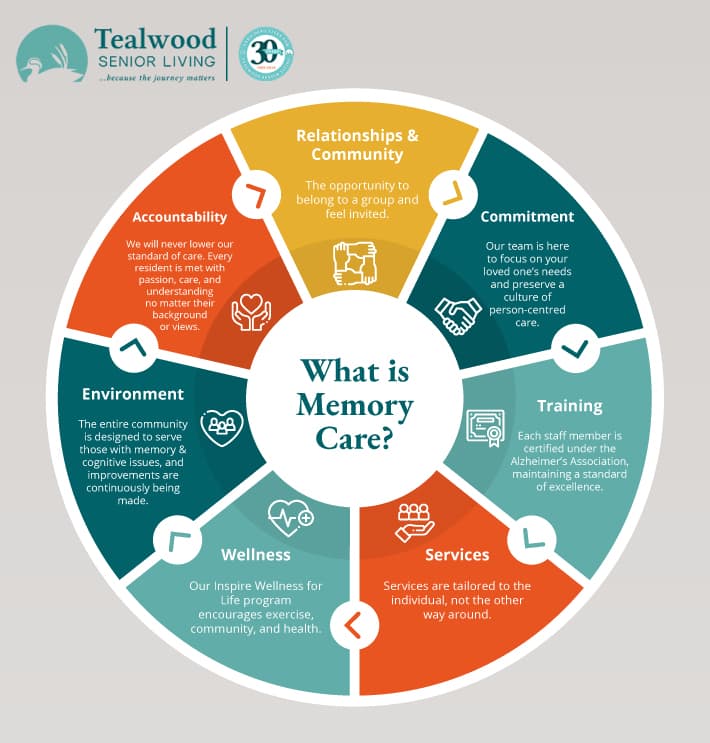Family-Oriented Facilities Offering Personalized Alzheimers Care Charlotte
Family-Oriented Facilities Offering Personalized Alzheimers Care Charlotte
Blog Article
Developing a Safe and Helpful Setting for Alzheimer's Care
The production of a safe and encouraging atmosphere for individuals with Alzheimer's is critical in improving their quality of life. This entails not just physical adjustments within the home, such as lessening hazards and integrating acquainted aspects, yet likewise the application of organized regimens and purposeful tasks that satisfy their cognitive demands. In addition, understanding the psychological and mental dimensions of care can significantly impact their complacency and connection. Exploring these complex methods can expose important insights right into efficient caregiving approaches that might transform the everyday experiences of both people and caretakers.
Understanding Alzheimer's Requirements
Frequently, people with Alzheimer's condition exhibit an array of requirements that need customized approaches to care. As the condition progresses, cognitive decline shows up in numerous ways, influencing memory, thinking, and also the capability to do everyday activities. Caregivers must identify these evolving needs to offer proper assistance and make certain a higher top quality of life for those impacted.
One important aspect of recognizing Alzheimer's needs is acknowledging the importance of regular and familiarity. People usually discover comfort in well-known patterns, which can reduce stress and anxiety and confusion. Caregivers must aim to create structured everyday schedules that incorporate purposeful tasks aligned with the individual's abilities and rate of interests.
Furthermore, efficient interaction is critical. Individuals with Alzheimer's may struggle to reveal themselves or comprehend complex language. Caretakers should utilize easy, clear language, use non-verbal signs, and technique energetic listening to cultivate understanding and link.
Caregivers must urge involvement in neighborhood tasks or family celebrations, advertising a feeling of belonging and objective. Comprehending these varied requirements is essential for developing a helpful treatment environment.
Designing a Safe Home
Developing a secure home for people with Alzheimer's disease is necessary to promoting and reducing dangers self-reliance. The style of the living area should prioritize safety and security while allowing for personal comfort. First, remove prospective dangers such as loose rugs, sharp items, and mess, which can cause drops or mishaps. Make sure that pathways are clear and well-lit, as correct illumination lowers disorientation and improves flexibility.
Integrating adaptive attributes is additionally crucial. Set up grab bars in shower rooms and near staircases, and take into consideration making use of non-slip floor coverings in wet areas. In addition, utilizing different colors for floors and walls can help in differentiating rooms, aiding to alleviate confusion.
Familiarity is crucial for individuals with Alzheimer's. Personalizing the atmosphere with familiar objects and pictures can enhance a feeling of belonging and safety - Alzheimers Care Charlotte. It is additionally beneficial to have a designated area for everyday tasks, such as analysis or crafting, which can supply structure to their day
Finally, applying a protected exterior room enables safe exploration while connecting with nature. By attentively creating the home atmosphere, caretakers can substantially boost the lifestyle for individuals coping with Alzheimer's illness.
Enhancing Interaction Abilities

Non-verbal interaction, including faces, gestures, and touch, plays an essential duty in sharing empathy and understanding. Keeping eye call and a tranquil demeanor can improve the convenience level of the individual, promoting a sense of safety.
Moreover, it is essential to exercise energetic listening. This involves being completely existing, showing perseverance, and permitting the individual to express themselves without interruption. Repetition might be essential; caretakers should be prepared to revisit inquiries or subjects, as people with Alzheimer's might battle with memory recall.
Additionally, utilizing aesthetic aids or cues, such as photos or acquainted items, can help with acknowledgment and engagement. Ultimately, improving interaction skills has to do with constructing count on and producing an atmosphere where people really feel listened to, valued, and comprehended, therefore improving their high quality of life.
Motivating Social Interaction
Cultivating meaningful social interactions can considerably boost the wellness of people with Alzheimer's disease. Involving with others not only assists combat sensations of seclusion but additionally boosts cognitive feature and emotional health and wellness. Structured social activities, such as team games, arts and crafts, or music treatment, develop chances for homeowners to link with peers and caregivers, which can cause boosted mood and minimized anxiousness.
Developing an inviting environment that motivates socializing is crucial. This can be achieved by organizing communal areas that assist in interaction, discover this info here such as comfortable seating areas or activity rooms. Furthermore, integrating culturally relevant and acquainted tasks can spark memories and urge participation, allowing individuals with Alzheimer's to feel more linked to their past experiences.
Moreover, caregivers must be educated to acknowledge and promote social involvement amongst homeowners. By prioritizing social communication, we can considerably enhance the lives of those living with Alzheimer's, fostering a sense of community and belonging.
Supporting Caretaker Wellness

To sustain caretakers, organizations must offer routine training and academic sources to enhance their understanding of Alzheimer's disease and caregiving techniques. Offering access to reprieve treatment solutions permits caretakers to take necessary breaks, reducing tension and fatigue - Alzheimers Care Charlotte. Additionally, fostering an area through support system can facilitate psychological sharing and the exchange of functional suggestions among caretakers, producing a network of mutual support
Mental health sources, such as counseling solutions, can also be important in addressing the emotional toll caregiving can take. By focusing on caretaker well-being, we create a more lasting caregiving setting that not only profits the caretakers themselves yet additionally enhances the total top quality of treatment received by people with Alzheimer's. Inevitably, sustaining caregivers is a vital component in promoting a caring and effective treatment setting.
Verdict
Finally, the creation of a encouraging and secure environment get redirected here for people with Alzheimer's is important to boosting their high quality of life. By focusing on safety via thoughtful design, fostering psychological well-being with acquainted components, and advertising involvement via structured routines, caretakers can significantly affect the overall experience of those influenced by this problem. In addition, supporting caretaker wellness is vital, as it inevitably contributes to an extra efficient and thoughtful treatment environment.
Repeating may be necessary; caregivers must be prepared to take another look at topics or concerns, as people with Alzheimer's may battle with memory recall.

Report this page